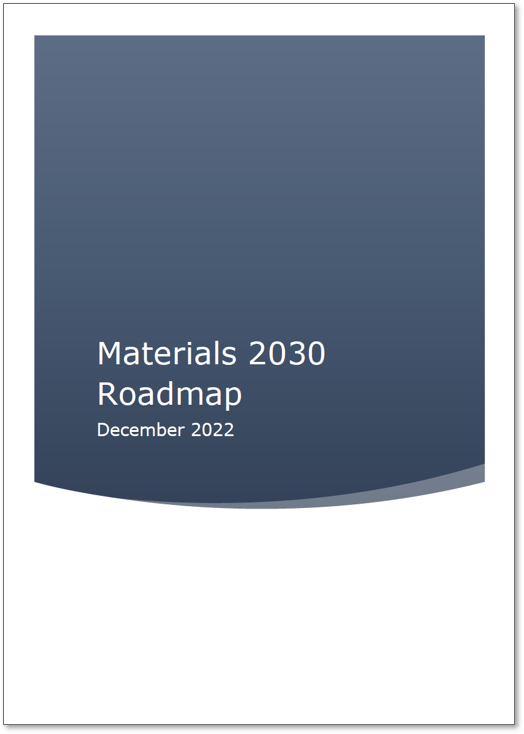The European Advanced Materials and Processes industry, which makes up 20% of its industrial base, lacks a unified framework for collaboration. The Advanced Materials Initiative 2030 (AMI2030) aims to rectify this by introducing ‘Materials Commons,’ fostering cooperation among stakeholders like researchers, developers, and end-users. This initiative aligns with the Materials 2030 Manifesto, emphasizing the need for systemic development of advanced materials to maintain competitiveness and meet sustainable product needs.
The Materials 2030 Roadmap, co-created by various European Technology Platforms and initiatives, outlines several key steps:
Emphasizing digitalization in materials development to accelerate design and development processes through computational and experimental science, data accessibility, and novel material design.
Identifying common manufacturing technologies and conditions for new materials processing, including process optimization, decarbonization, and multi-material processing.
Pinpointing priority areas in nine innovation markets to address industry and research community needs, aiming to improve EU sovereignty and environmental sustainability.
Advocating for an enabling policy framework with harmonized standards, life-cycle assessments, and robust health and safety protocols, coupled with targeted education and training.
Promoting inclusive governance involving stakeholders from various sectors for materials valorization.
The initiative stresses the need for substantial resources for innovative material development, production technologies, and collaborative models at a European level. It suggests considering a Commons model for organizational and financial aspects of the initiative, leaving the choice of implementation instruments open. The roadmap invites stakeholders to support and contribute to the strategic European materials agenda under the Materials 2030 initiative, focusing on benefiting the planet, people, and prosperity.

